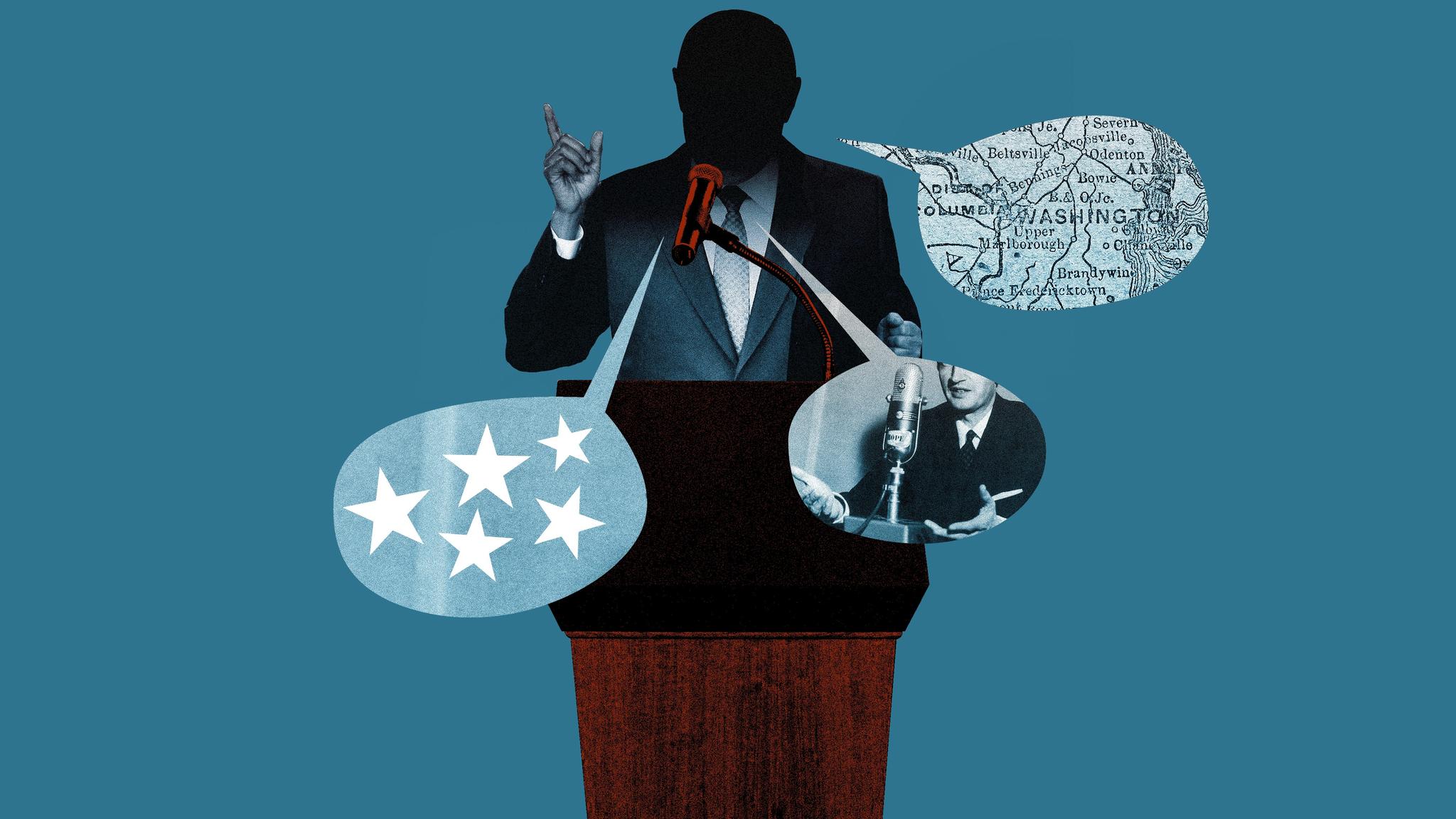UNLIMITED
America’s First True Dictator

Subscribe here: Apple Podcasts | Spotify | YouTube | Pocket Casts
Donald Trump has vowed to eliminate hundreds of workers across federal agencies if he becomes president again. Consolidating power and placing friends in key roles are textbook autocratic maneuvers, but they also are not new in the United States. This episode revisits the story of Louisiana Governor Huey Long, who sought to take over the apparatus of government in his state, just as illiberal leaders have done in other countries.
This is the third episode of Autocracy in America, a new five-part series about authoritarian tactics already at work in the United States and where to look for them.
The following is a transcript of the episode:
Peter Pomerantsev: Anne, one of the main features that I experienced when I lived under authoritarian regimes is this sense that the institutions of the state, the police, the tax services, the bureaucracy—they’re essentially these dangerous animals that are not working for you but working in the interests of the powerful.
Anne Applebaum: Right. As though they could come after you if you get in the way.
Pomerantsev: So you have all these institutions, which in a democracy are meant to serve you, the people, but in an authoritarian regime, they are, well—they’re captured.
Applebaum: In fact, “state capture” is the term that political scientists use to describe this, and I watched it happen in Poland between 2015 and last year. An autocratic, populist party won a legitimate election but then began to act like they owned everything. They fired civil servants. They replaced them with people’s friends and party loyalists. They allegedly arranged for state institutions to give money to foundations, which eventually wound up enriching party members or else funding their election campaigns—that’s being investigated right now.
They used the tax office and the prosecutor’s office to investigate their enemies, their political rivals— including me. My husband and I had to hire lawyers and spend a lot of time going through documents in order to counter false accusations. And it was not amusing. It was a form of state-backed political harassment. Now, I guess it’s the kind of thing Americans can’t imagine they would ever have to deal with, because, I don’t know, Our tradition of checks and balances is too long. Americans would never stand for that. We would protest and struggle. No way.
Pomerantsev: Yes way is what I found out. (Laughs.) There is the pervasive sense in America that it’s exceptional. And, obviously, America is very, very special. But since I started researching this show, I’ve found that maybe America isn’t quite as exceptional as sometimes people feel, because a leader did rise to power here and manipulate the levers of power to his desires.
[Music]
Richard D. White Jr.: Huey Long did more good for any American state than any politician in history. The paradox is that Huey Long did more harm than any politician in any state in American history.
I’m Anne Applebaum, a staff writer.
You’re reading a preview, subscribe to read more.
Start your free 30 days





